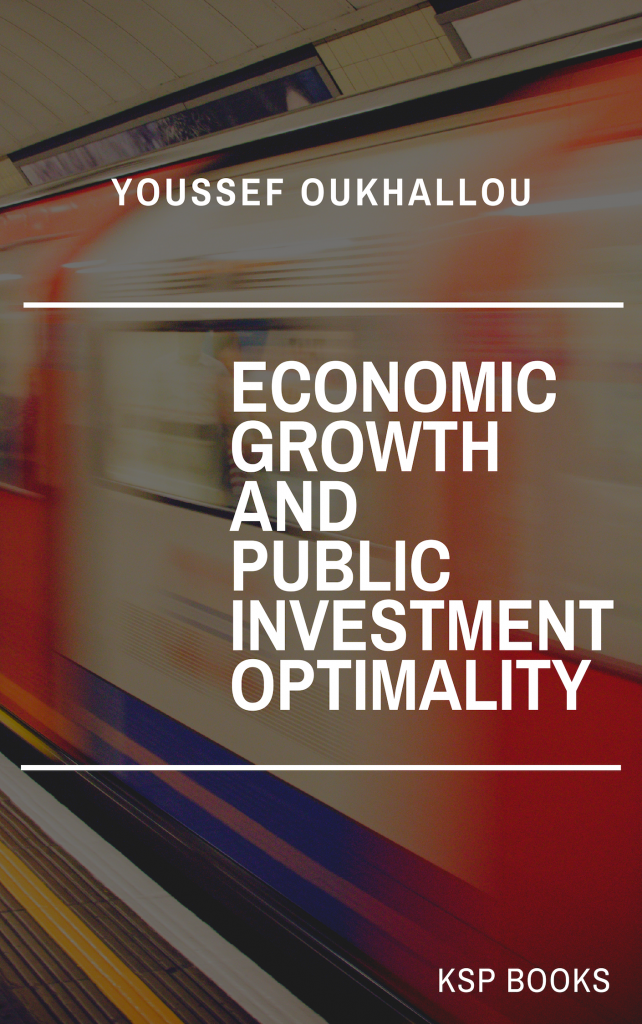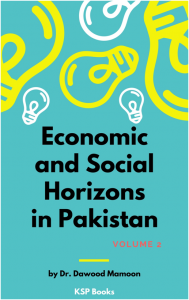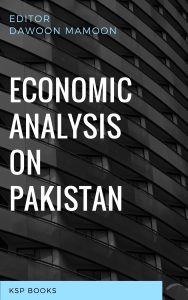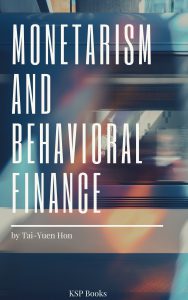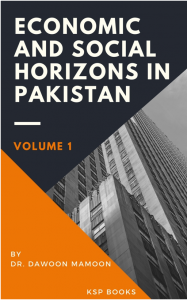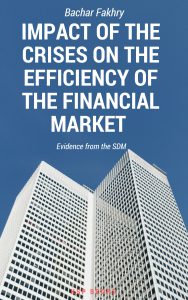Synopsis
This book investigates the relation between economic growth and public investment expenditures. It examines the level and means to improve the macroeconomic effectiveness of government investment spending and explores the concept of optimality under the constraint of debt sustainability. Additionally, this research analyzes the legislative and institutional factors that could slow down the effectiveness of investment expenditures, and provides hints on how the reduction of corruption could help fiscal policy converge toward optimality. The first chapter sheds light on economic growth in the literature as a core variable of the economic activity, its determinants and the role of investment, particularly public investment, as a potential contributor. The second chapter focuses on public investment’s macroeconomic effectiveness, as the first leg of optimality. The emphasis is laid on the examination of the macro-financial framework of Morocco as an example of developing countries, followed by a larger benchmark panel data model. Afterwards, I estimate public investment expenditures’ impact on GDP, along with other variables such as GFCF and public consumption. The third chapter introduces debt sustainability as the second component of public investment optimality. The twofold concept of optimality is then encompassed in an experimental small scale macroeconomic model for public investment policy analysis, on which a series of policy shocks is driven in order to further discuss different hypotheses. Throughout this book, I reveal that the macroeconomic impact of public investment expenditures is below the effectiveness levelhence could not logically be optimal even if public debt is found to be sustainable. Subsequently, a number of effectiveness-oriented institutional recommendations are prescribed. The policy simulation also suggests that an increase in public investment spending that is not totally or predominantly matched with a rise in public revenues has a larger and longer negative impact on public debt than a positive one on GDP growth. On overall, public investment’s optimality in the realistic framework of a developing economy seems to be strictly conditioned by a cumulative series of positive variations combined with the improvement of profitability-based selectivity of investment projects, under the constraint of a debt ratio that should not exceed 60 percent.
Contents
About Author
ISBN
978-605-7602-82-4
Date of Publication
July 30, 2019
File Size: 2805 KB
Length: xi + 225 pages
This work is licensed under a Creative Commons Attribution 4.0 International License.
